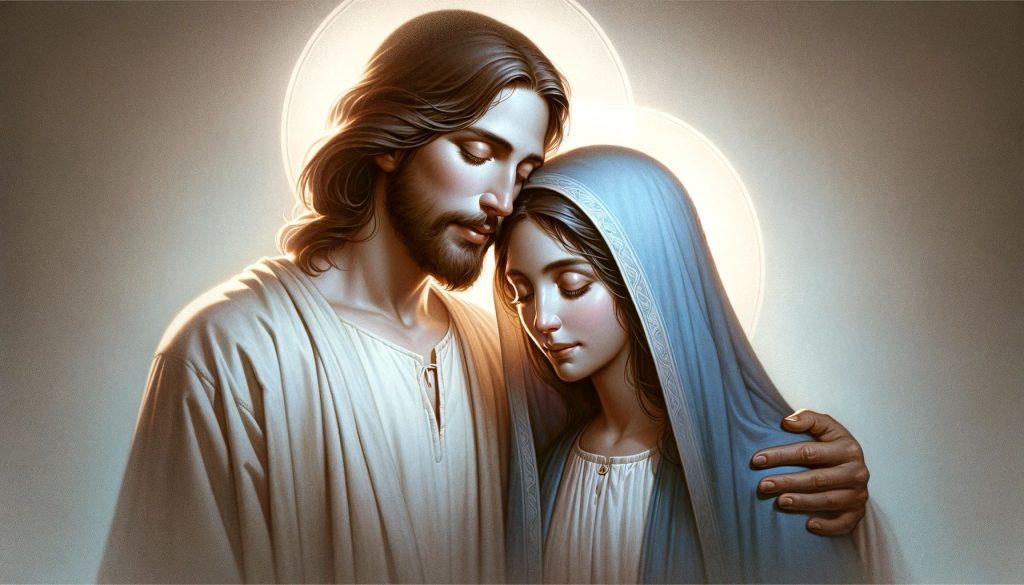The question of how God desires to be worshipped and the extent of His directives to humanity is deeply rooted in biblical teachings. This exploration aims to illuminate these aspects, drawing directly from the Scriptures, particularly using the Douay–Rheims Bible, to offer a comprehensive understanding.
God’s Purpose in Creating Man
The Scriptures speak directly to the purpose behind God’s creation of man. In the Book of Isaiah, God says, “I have created him for my glory, I have formed him, and I have made him” (Isaiah 43:7). This declaration underscores that humanity is created to glorify God, a central theme that resonates throughout the Bible.
Man’s Destiny and Path
Man’s ultimate destiny and the path to it are vividly described in Scripture. The words of Christ in the Gospel of John are particularly instructive: “And this is life everlasting, that they may know thee, the only true God, and Jesus Christ, whom thou hast sent” (John 17:3). This passage not only highlights the goal of eternal life but also emphasizes the importance of knowing God and Jesus Christ as central to achieving this destiny.
The Role of Prophets and Divine Revelation
The role of Prophets in conveying God’s will is a well-established biblical principle. For instance, in the Old Testament, the Prophet Jeremiah is told by God, “Before I formed thee in the bowels of thy mother, I knew thee: and before thou camest forth out of the womb, I sanctified thee, and made thee a prophet unto the nations” (Jeremiah 1:5). This demonstrates God’s intention to use Prophets as His messengers to humanity.
The Mission of Jesus Christ
The coming of Jesus Christ marks a pivotal moment in divine revelation. Christ’s own words in the Gospel of Luke make this clear: “For the Son of man is come to seek and to save that which was lost” (Luke 19:10). This mission of Christ is central to Christian belief, indicating His role in revealing God’s will and providing a path to salvation.
The Authority of the Catholic Church
Finally, the establishment and authority of the Catholic Church as a vehicle for continuing Christ’s teachings are affirmed in the New Testament. In Matthew, Jesus says to Peter, “And I say to thee: That thou art Peter; and upon this rock I will build my church, and the gates of hell shall not prevail against it” (Matthew 16:18). This passage is often cited as the foundation for the Catholic Church’s claim to apostolic authority and its role in guiding believers in the fulfillment of God’s will.
In conclusion, the Scriptures offer profound insights into God’s expectations for worship and the manner in which humanity is to pursue its divine destiny. From the creation of man for God’s glory to the establishment of the Church for guiding believers, these scriptural teachings form the bedrock of understanding God’s demands and His provisions for meeting them.
🙏 PayPal Donation Appreciated
The Case for Catholicism - Answers to Classic and Contemporary Protestant Objections
Disclaimer: As an Amazon Associate, I earn from qualifying purchases. Thank you.
